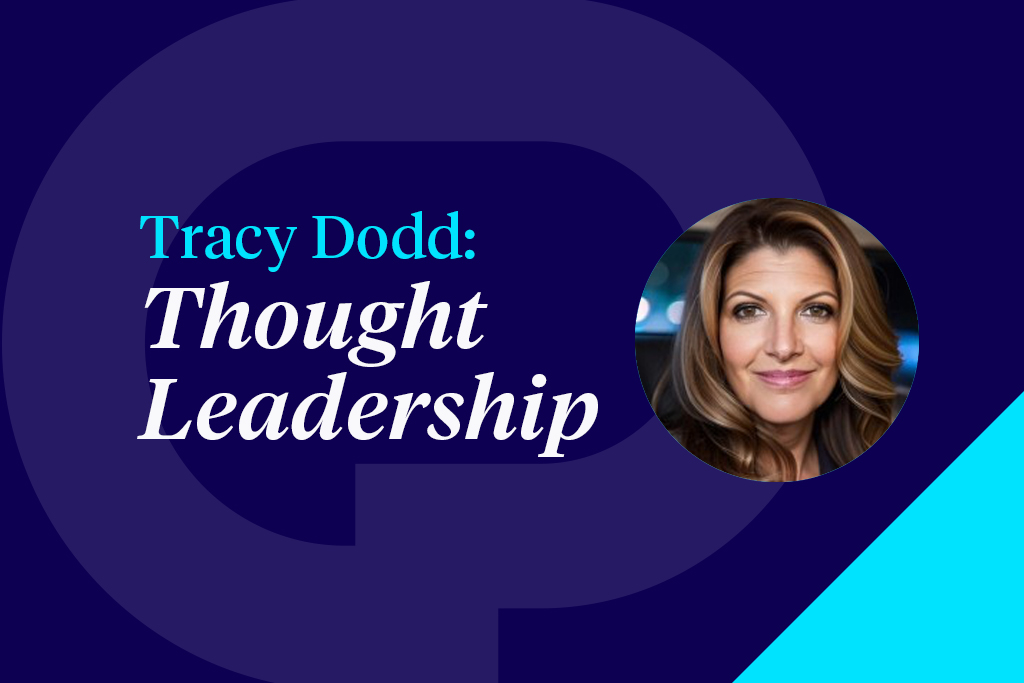This originally appeared on Jessica Kriegel’s LinkedIn newsletter. Subscribe to that, if you’d like!
I had the pleasure of working with a client this week in Nashville with some of my tremendous colleagues — Ron Paul, Ph.D., Joe Kozub, and John Henry Scott III:

First, I’d just like to mention the power of great teams. I’ve been on some awesome teams in my career, and admittedly I’ve been on some clunker teams too. The difference between a great team and a sub-par team is roughly the distance between Saturn and here.
Most executives and senior leaders want great teams. That’s true of everywhere we work with at CULTURE PARTNERS . But not everyone has great teams. So, what actually makes a great team?
There’s a million answers to this question, and it does vary by a lot of different factors, but at heart it comes down to two interrelated concepts:
- Accountability
- Psychological safety
The latter, psychological safety, is generally defined as being on a team where people have each other’s backs, where you can speak up without fear of ridicule and indictment, and where someone will cover for you in a busier season of your life (new parent, deceased parent, etc.) There’s a calming effect to those teams because you’re not always on edge about the next crisis or chance to be dressed down.
You cannot have psychological safety without accountability. People need to be accountable to each other. There needs to be trust and a high bar for quality of work. If stuff isn’t working, you need to pivot what isn’t working — and maybe get rid of some of the people on the team.
Those two concepts are deeply intertwined and I’m incredibly lucky to have found both at Culture Partners. Thanks, Joe Terry and others.
Now let me pivot to the client we were working with.
They are a global leader in their industry and they’re pivoting to a more customer-centric company, so a lot of internal discussions and models had to shift. Instead of #hiring people with just product and technical expertise, they needed a pathway to hire and advance people who understood the business, had empathy for customers, knew how to structure plans and approaches for customer retention and not just customer acquisition, etc. It’s a relatively huge cultural shift. This company is doing it well.
The President of the team asked me about the various transitions Oracle went through while I was there, and what Oracle did so well was maintain and adaptive mindset.
Now, here it’s important to note I don’t mean adapting the strategy. Most leaders are pretty good at pivoting strategy or process or moving a few pieces around the proverbial chessboard. That’s part of how they become leaders.
When I talk about adaptability now, though, what I mean is fostering a sense of resilience in employees. I mean co-creating a culture with employees. I mean showing them how things are changing and how it will impact them, which minimizes resistance to change long-term.
In fact, we just did some original research at Culture Partners. We explored the relationship between culture, strategy, and revenue growth through a series of regression models analyzing a survey with 243 respondents from various industries.
Firm size ranged from 100 to 350,000 employees, and revenue growth percentage reported ranged from -100% to +1,500%.
The survey asked respondents to sort their current business strategy into one of three groups: Innovation, Low Cost, and Customer-Centricity. It then asked them to describe their culture based on eight dimensions:
- Adaptiveness
- Collaborative
- Results oriented
- Integrity
- Customer oriented
- Detail oriented
- Transparency
- People oriented
The regression models then assessed how these business strategies, cultural dimensions, and overall cultural change and focus influenced revenue growth over the past three years.
So, what did we find?
Only one type of culture has a significant correlation to % revenue change out of eight dimensions: adaptive. Companies with adaptive cultures, meaning they can shift culture to flex and adapt in order to stay in alignment with strategy had average revenue change of 49.8%. Other dimensions such as Customer Oriented, People Oriented, Results Oriented, etc. had average revenue change of 17%.
There was also much benefit to alignment of various business aspects. For example, companies that successfully aligned their “culture” (behaviors, experiences, and beliefs) with their overall “strategy” (tactics and operations) saw a 42% revenue change over a three-year span; companies without this type of alignment saw a 1% decrease in the same span. “Purpose” saw 39% three-year growth when aligned to culture. A purpose-aligned culture means that you define task work and outcomes as tied to employees’ long-term goals.
None of these things happen in a vacuum. You need good employees, a strong culture, a sense of purpose, good products and services, and a strategy. But above all, adaptability seems to be the winner in terms of culture style – which is logical in a time of such drastic business change.
I got to join Christine Romans live in the NYC CNN studio this week to talk about the importance of adaptability in a post-COVID world. Check it out:
In that clip I mention the importants of flexibility. I also wrote an article this week, that argued for the benefits of flexibility as a workplace strategy:
In today’s business world old models are being tossed out, disrupted, et al. Commercial real estate could be teetering in the next few years. There’s a growing anti-work movement because we’ve been managing people wrong for decades.
The only real ways to get through the next 2-3 years and beyond are by embracing flexibility (for yourself, your employees, and their working conditions) and adaptability (resilience, strong teams, clear communication).
What’s your take on the necessity of flexibility and adaptability going forward?




